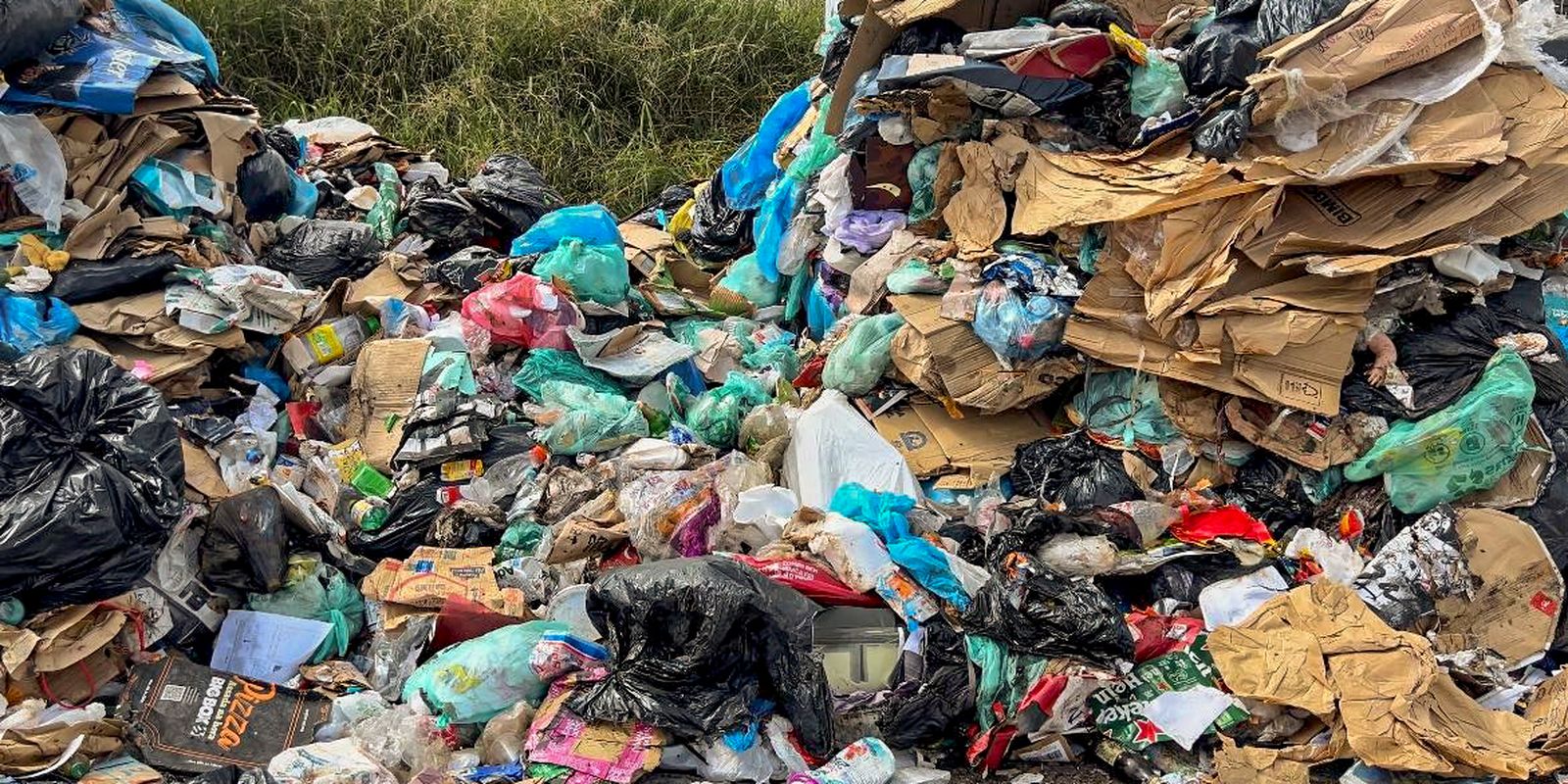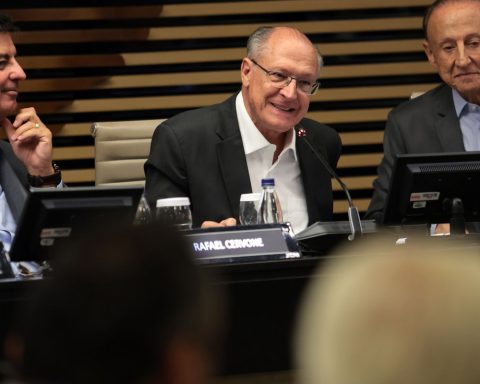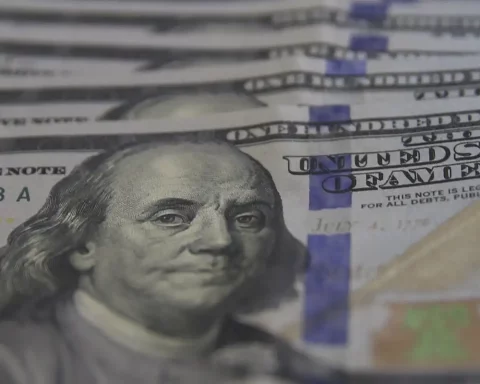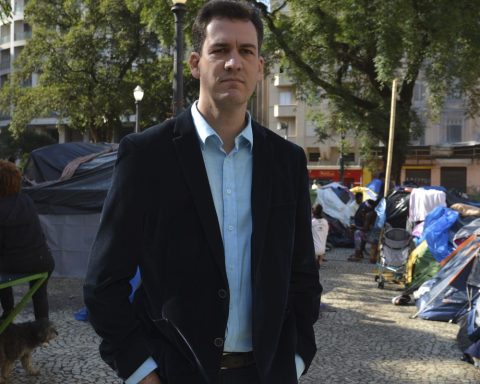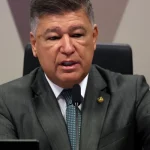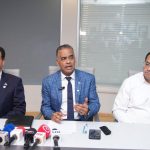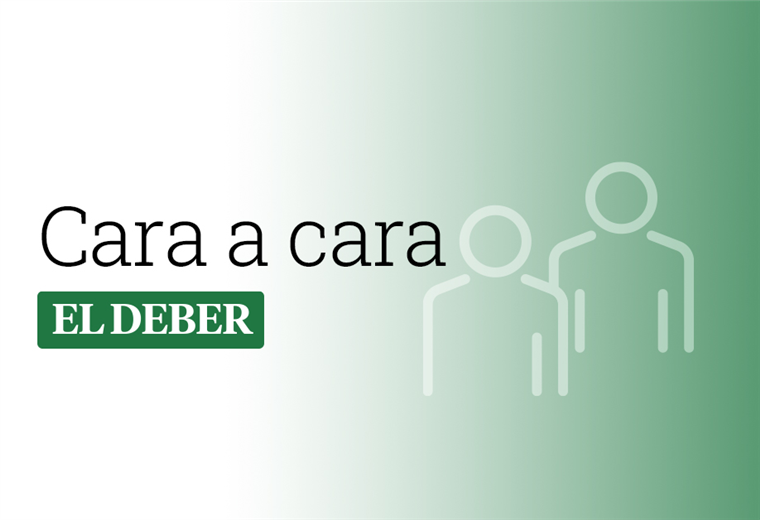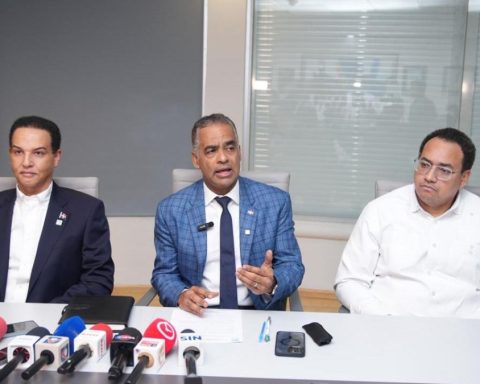The Brazilian Agency for Industrial Development (ABDI) and the Brazilian Association of the Plastics Industry (Abiplast) launched this Friday (26), in the capital of São Paulo, the Recircula Brasil platform, which allows tracking and recording the reuse of plastics. According to ABDI, this is the first Brazilian tool to effectively certify the circularity of materials.
The agency also states that the Ministry of the Environment and Climate Change has a decree and edition to address the circularity of plastic and establish that companies must prove the use of recycled content.
To track the path of recycled plastics, the platform will use electronic invoices. Monitoring will occur from the purchase of materials to the sale of final products. Using this information, the system will be able to attest to the origin of the materials and confirm that the product contains recycled plastic.
“The platform not only promotes recycling, but also positions Brazil as a global leader in implementing innovative solutions against plastic pollution,” highlights ABDI president Ricardo Cappelli.
According to Cappelli, the initiative can be used not only by the plastics sector, but by all production sectors that work with recycling. “The platform has the potential to transform other industrial sectors, such as aluminum and automotive. Our goal is to make Recircula Brasil a public policy instrument, ensuring transparency and traceability in the production chain,” he added.
The platform, which was recognized as a model of excellence in combating plastic pollution by the United Nations Environment Programme during testing, will also provide detailed information on the new use of recycled waste, enabling plastic recyclers to more effectively demonstrate their operations.
“By producing by reusing what we have, without having to use new resources that tend to be depleted in nature, we are protecting the environment, reducing pollution and avoiding falsification of environmental results. The circularity of plastic in Brazil becomes real and with data transparency”, highlights ABDI’s Sustainability Director, Perpétua Almeida.
The Brazilian plastic market is approximately 7 million tons per year. Of this amount, around 1.1 million tons are recycled per year.
